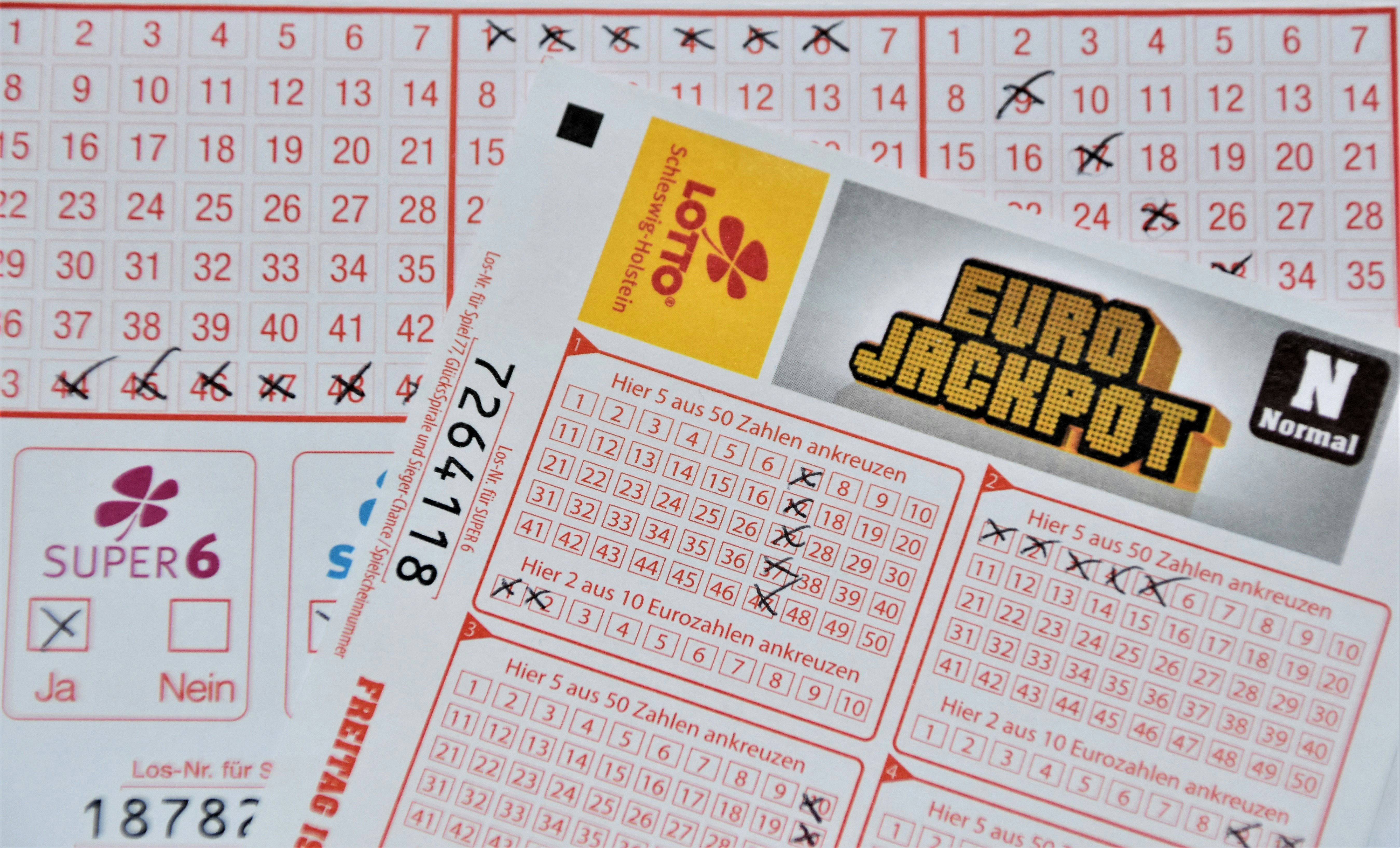In real estate transactions, the parties to the contract must agree on the payment schedule for the purchase price. This means that the seller and the buyer must agree on the instalments and the dates on which the buyer must pay the purchase price. They must also specify whether each instalment will be paid in cash or by bank transfer. It is not inconceivable that payment may be made by offsetting the outstanding receivables without any actual cash flow.
In addition to defining the amount of the instalments, the time limit and the form in which the buyer is obliged to pay them, the seller and the buyer must also define the legal title to each instalment.
The differences between the two types of legal instruments determined in the title can have a significant impact on the legal options available for the performance of a contract. The most common legal titles worth mentioning are down payment and prepayment.
The simplest task in the explanation is to define the prepayment, because it is nothing more than an instalment of the purchase price, which is not subject to any additional rules compared with the rules on the purchase price. The prepayment and the purchase price instalment therefore mean the same thing.
However, the rules of the law about the down payment are more detailed and may be more complex. A down payment is a sum of money paid to the seller when it is paid as confirmation of the buyer's obligations under the contract of sale. This amount is normally included in the purchase price and forms part of it, i.e. it is a deduction from the purchase price.
The old rule, which is no longer applicable, is that the deposit must be paid at the time of signing the contract. This is no longer the case. It may be paid as the third or fourth instalment and as an amount to cover the purchase price. Logic dictates that the down payment should be paid by the obliging party in the shortest period following the conclusion of the contract. Only then can the legal consequences of the deposit be applied in the event of a breach of contract If the party responsible for the breach or default forfeits the down payment, if he has given it, he forfeits it, and if he has received it, he must repay twice the amount received
The most common cases for the loss of a down payment:
The most common case of a breach of contract on the buyer's side leading to the loss of the down payment is when the buyer fails to pay the purchase price.
In particular, the question often arises in the context of purchase price payments planned with the use of credit : will the buyer lose the deposit if he is unable to pay the purchase price because the bank has not accepted his application for credit and he is unable to meet his obligation to pay the purchase price due to the lack of bank financing?
The answer to this question is that it is up to the buyer to decide from which financial sources he wishes to finance the purchase price. The loss of access to finance is normally a default by the buyer, i.e. the buyer loses the deposit.
However If the selling party is cooperative and sufficiently generous, the parties may derogate from this in the contract. It is also clear that neither party is liable for this default. The amount of the down payment will be returned to the buyer at the termination of the contract.
However, a more straightforward way to obtain bank financing is to ask for a preliminary credit assessment from several banks. You can do this before you choose the property you want to buy.
You will not only find out how much money you have available to buy a home, but you will also be able to compete with cash buyers with this information - that you are creditworthy for the amount you have in hand.
On the other side of the coin, the reason for a contract to fail can be a lack of information provided tot he buyer about the essential characteristics of the property or even a failure to take possession.
A common occurrence is the seller's failure to inform the buyer that the property is being built or the construction has been carried out without the appropriate building permit or a permit for use. These can also lead to the buyer being able to withdraw on the grounds of breach of contract by the seller and to the seller being subject to the consequences of a down payment.
It is also possible that a sale and purchase agreement may be impossible to conclude because of a cause for which neither party is responsible. An example might be if an earthquake causes the property which is the subject of the sale to collapse. The transfer of the property is therefore unfeasible in this case. Thus, the seller cannot be held liable. If the contract is terminated, the buyer will only be refunded the down payment when the contract is settled in this situation.
If the contract is not performed for reasons for which neither party is responsible or both parties are responsible, the down payment is returned.
The amount of the down payment is typically 10 percent of the purchase price, but this is not fixed anywhere in law. This may vary depending on the size of the purchase price. It can be 5 or even 30 percent of the agreed purchase price. However, the important to note that if the amount of a down payment set at an excessively high rate, known as an excessive deposit, may be reduced by the court on application by the party liable, i.e. the contracting party who is obliged to pay the deposit. Such a case If the court orders the down payment, it to be paid only in a lower amount. In the case of a down payment paid, only the lower amount is subject to any legal consequences.
The down payment can be seen as a significant sanction in the event that a transaction does not take place due to the fault of one of the parties.
However, this does not mean that the defaulting party should only have to pay this amount for the damages suffered by the other party. The amount of the down payment reduces the amount of any damages or compensation, but the additional damages or compensation that can be claimed from the at-fault party remain. It may be fixed, that the loss or double payment of the down payment does not relieve you from other consequences of the breach of contract, which may still be enforced against the at-fault party.
The payment for a waiver (or regret) (in Hungarian „bánatpénz”) means something else The payment for a waiver It is a common mistake when the parties thinks that with the payment or loss of the down payment any party is entitled to rescind from the contract any time. It is a false presumption. Without a proper reason none of the parties can withdraw unilaterally from the agreement. The only chance to terminate without a reason if the contract contains a payment for a waiver clause which provide an opportunity to rescind unilaterally in case the affected party pays the payment of waiver (or payment of regret).
If you plan to purchase a real estate in Hungary, contact Dr György Zalavári, lawyer and partner of Ecovis Zalavári Legal Hungary.
Dr. György Zalavári LL.M.
Ecovis Zalavári Legal Hungary
Lawyer | Mediator | Corporate Law and Data Protection Specialist
gyorgy.zalavari@ecovis.hu



